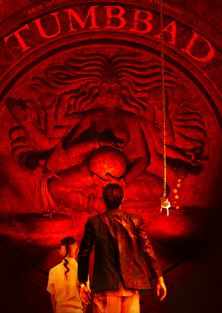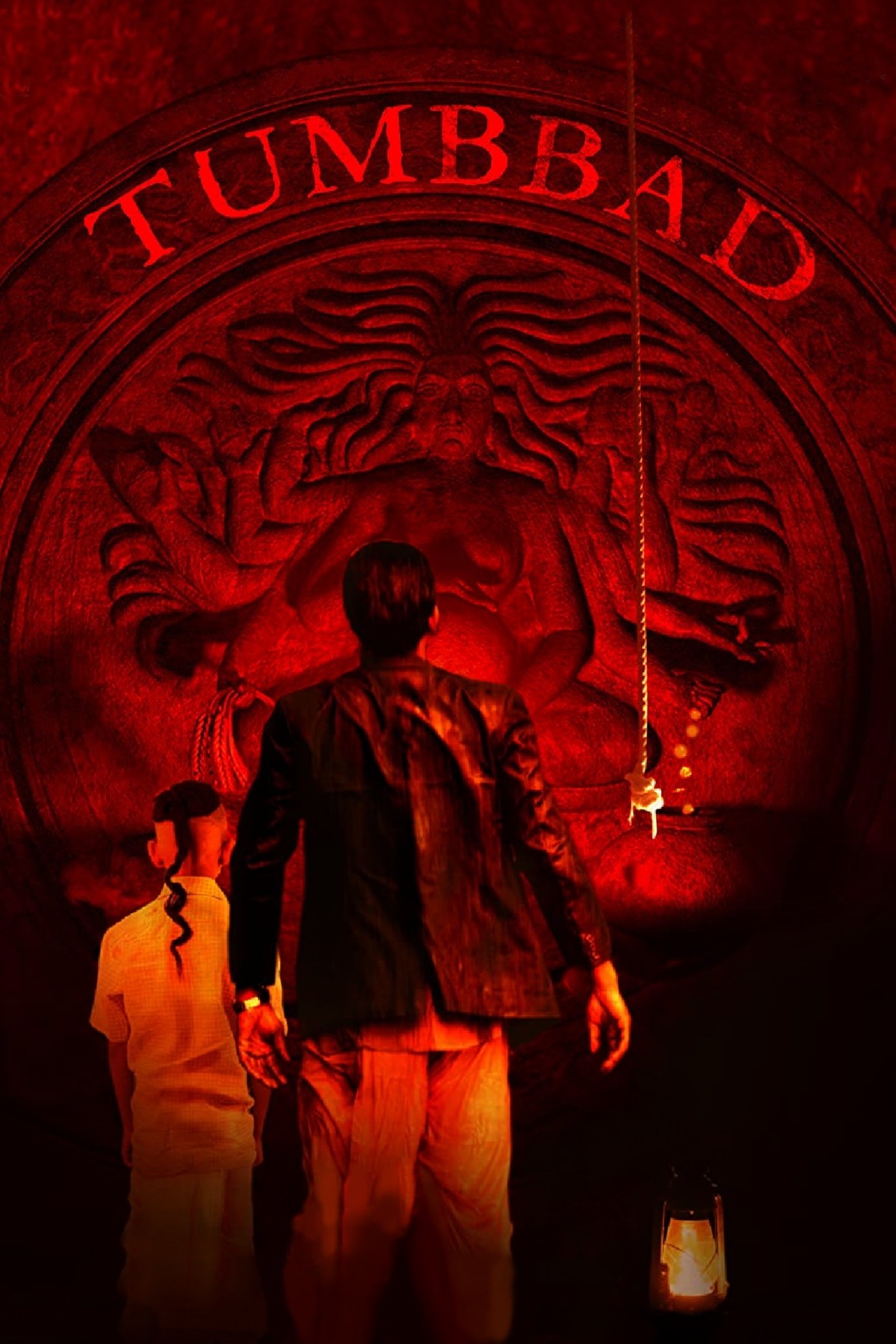Why is Tumbbad considered one of the most underrated films in Indian cinema? The bold statement lies in its ability to deliver a chilling horror experience that resonates deeply with audiences who appreciate the genre. Directed by Rahi Anil Barve, this film stands out as a rare gem in South Asian cinema, offering a unique blend of mythological elements and psychological terror.
Tumbbad tells the story of Vinayak, an ambitious yet morally ambiguous character whose greed leads him down a perilous path. Set against the backdrop of a decrepit village steeped in ancient legends, the narrative unfolds with precision, drawing viewers into a world where human desires clash violently with supernatural forces. Despite receiving critical acclaim, including being the first Indian film to open at the Venice International Film Critics' Week, Tumbbad remains underappreciated by mainstream audiences. This disparity between recognition and reception raises intriguing questions about how films are evaluated within the industry.
| Bio Data & Personal Information | Career & Professional Information |
|---|---|
| Name: Rahi Anil Barve | Filmography: Director of Tumbbad (2018) |
| Birthplace: India | Awards: First Indian film to open Venice Intl. Film Critics' Week |
| Education: Not publicly disclosed | Genre Specialization: Horror, Mythology |
| Residence: Mumbai, India | Notable Collaborations: Sohum Shah (Producer) |
| Reference Website | Current Projects: Details not available |
The film's setting plays a crucial role in enhancing its eerie atmosphere. Tumbbad village, though fictional, serves as a hauntingly vivid representation of rural India plagued by superstition and decay. The filmmakers meticulously crafted every detail, from the dilapidated architecture to the ominous lighting, ensuring that each frame contributes to the overall sense of dread. Such attention to visual storytelling complements the script's intricate plotting, creating a cohesive cinematic experience that lingers long after the credits roll.
A significant aspect contributing to Tumbbad's success is its exploration of universal themes like greed, ambition, and consequences. By grounding these concepts within a mythological framework, the film achieves both cultural relevance and timeless appeal. For instance, the portrayal of Vinayak’s descent into madness mirrors classic tales of hubris while simultaneously reflecting contemporary societal issues related to materialism and power dynamics. This dual-layered approach allows viewers from diverse backgrounds to connect with the narrative on multiple levels.
In terms of technical execution, Tumbbad showcases exceptional craftsmanship across various departments. Cinematographer Jay Oza employs innovative techniques to capture the film's dark undertones effectively, using shadows and contrast to heighten tension. Similarly, the sound design team excels in crafting an immersive auditory landscape that amplifies key moments throughout the runtime. These efforts collectively elevate the production value, making it stand apart from typical Bollywood fare.
Despite its merits, Tumbbad faces challenges in reaching wider audiences due partly to misconceptions surrounding Indian horror films. Many potential viewers may dismiss the genre outright based on preconceived notions about quality or content. However, those willing to give Tumbbad a chance often find themselves pleasantly surprised by its depth and sophistication. As evidenced by positive reviews from critics worldwide, there exists substantial appreciation for what this film accomplishes within its niche.
Another factor influencing Tumbbad's relative obscurity could be marketing strategies employed during its release. While promotional campaigns highlighted certain aspects such as the film's international debut at Venice, they might not have adequately conveyed its broader significance or appeal beyond niche markets interested specifically in horror films. Consequently, opportunities were missed to engage larger demographics unfamiliar with but potentially receptive to this kind of storytelling.
Comparisons with other notable works within South Asian cinema reveal interesting insights regarding Tumbbad's position. Unlike commercial blockbusters prioritizing spectacle over substance, Tumbbad opts for restraint and subtlety, allowing its themes to unfold naturally without resorting to excessive gimmicks. This deliberate choice aligns more closely with arthouse sensibilities yet still incorporates accessible elements ensuring broad accessibility. Thus, it occupies a unique space bridging two distinct categories within the industry spectrum.
Furthermore, discussions around representation and authenticity become relevant when examining Tumbbad's treatment of indigenous myths and traditions. Rather than appropriating them superficially for entertainment purposes, the filmmakers demonstrate respect through careful research and integration into the storyline. Such approaches foster greater understanding among global audiences unfamiliar with specific cultural contexts while preserving integrity for local viewers familiar with these narratives.
As conversations continue about diversity and inclusivity within filmmaking practices, Tumbbad exemplifies how embracing regional identities can enrich creative output. Its willingness to experiment with unconventional formats and tackle challenging subjects sets a precedent for future projects aiming to push boundaries further. Moreover, it underscores the importance of supporting emerging talent capable of bringing fresh perspectives to established industries.
Ultimately, whether viewed as a groundbreaking achievement in Indian horror cinema or simply as compelling entertainment, Tumbbad deserves recognition beyond current circles appreciating it. With increasing awareness about varied forms of expression available today, hopefully, more individuals will discover this remarkable piece of artistry deserving celebration alongside celebrated classics traditionally dominating discourse spaces.
For fans of masala films seeking something different, Tees Maar Khan offers light-hearted relief amidst serious contenders like Tumbbad. Although polarizing opinions exist concerning its IMDb rating, many agree that laughter remains integral to cinematic enjoyment regardless of genre preferences. Therefore, exploring options catering to different tastes enhances overall appreciation for what Indian cinema has to offer collectively.
By highlighting lesser-known gems such as Tumbbad alongside crowd favorites, we contribute positively towards fostering inclusive environments celebrating all facets of creativity expressed through motion pictures worldwide.



.jpg)
